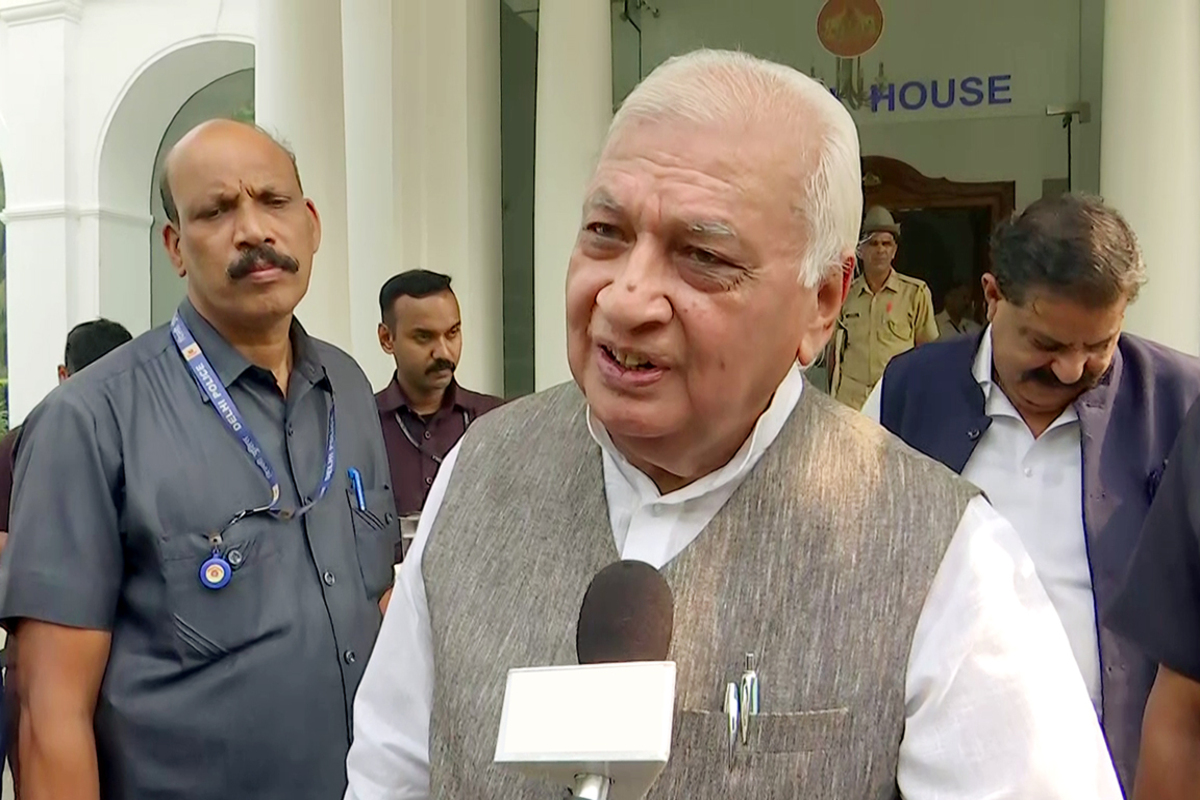In a decisive move, Kerala Governor Arif Mohammed Khan on Tuesday sent seven bills passed by the state assembly for the consideration of the President. This comes amid a case filed by the state government in the Supreme Court over pending bills with the Governor.
The Lokayukta Bill, Universities Act Amendment Bill, Chancellor Bill, Co-operation Act Amendment Bill, Search Committee Expansion Bill and Co-operation Bill (MILMA) have been sent for presidential assent. Meanwhile, the Governor approved the Public Health Bill.
Advertisement
As per Article 200 of the constitution, if the Governor withhold assent to a bill , he must sent it to legislature for reconsideration. Once the legislature once again passes the bill, Governor is bound to give assent to the bill. In order to avoid this, the Governor has sent the bills to the consideration of the president
The Supreme Court had earlier sought a reply from the Centre and the Governor’s office in a petition filed by the Kerala government accusing the Governor of not giving his assent to eight bills passed by the Legislative Assembly. Kerala has accused Governor Khan of acting in a manner which “defeat the rights of the people” by withholding the passage of eight bills on issues ranging from public health, higher education, Lokayukta, etc. The Supreme Court will consider this case on Wednesday
The Supreme Court has the other day said Governors are not empowered to keep a Bill pending indefinitely without any action whatsoever,.
Article 200 of the constitution empowers governors to either give assent to passed Bills, withhold assent, or reserve them for the president’s consideration when he or she receives a Bill from the state government.
The apex court highlighted that the “substantive part of Article 200 empowers the governor to withhold assent to the Bill”, and that in such an event, the governor must communicate it to the State Legislature “as soon as possible”, warranting the reconsideration of the Bill.
It further said that failing to read the governor’s power in Article 200 in this manner would put him in a “position to virtually veto” the elected legislature’s functioning.
“Such a course of action would be contrary to [the] fundamental principles of a constitutional democracy based on a parliamentary pattern of governance,” it added.
Additionally, the court said that governors are required to “declare” which option they choose to exercise.
